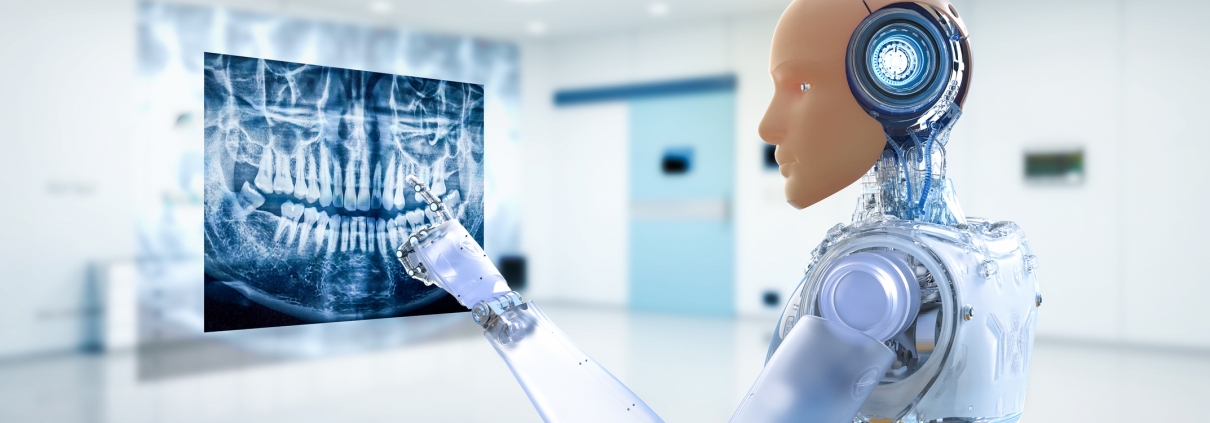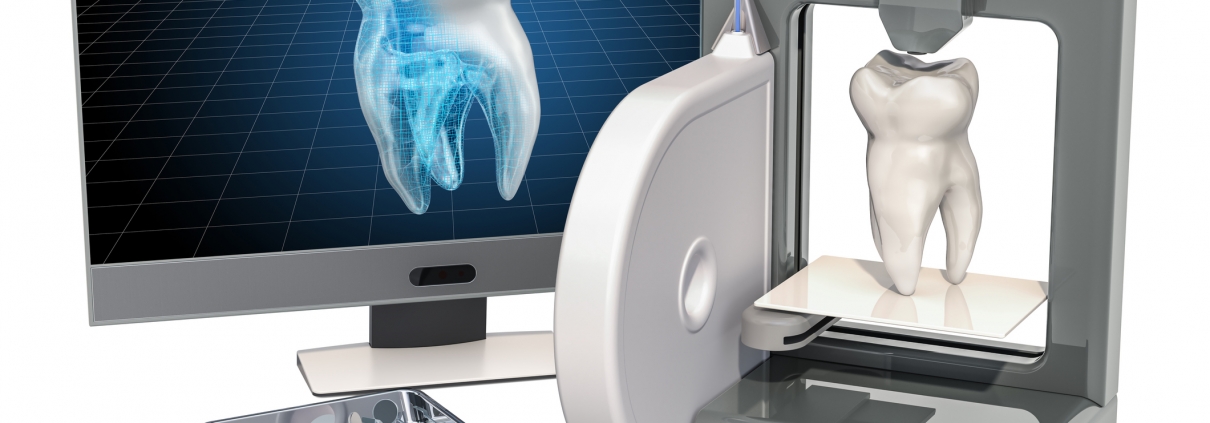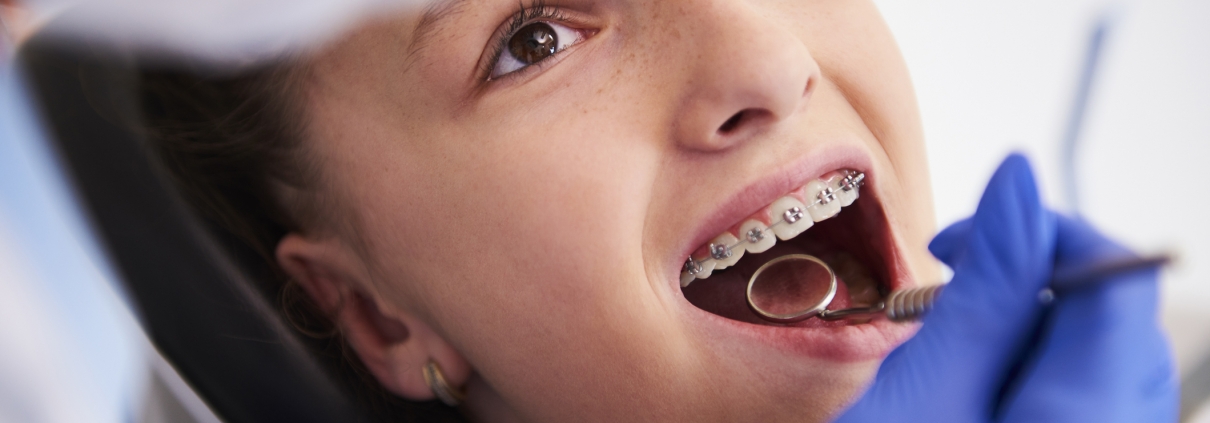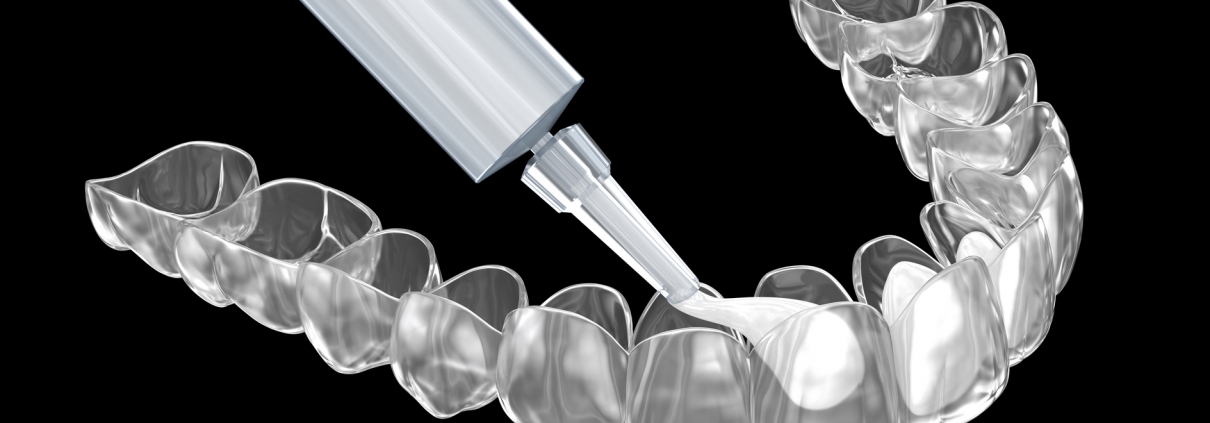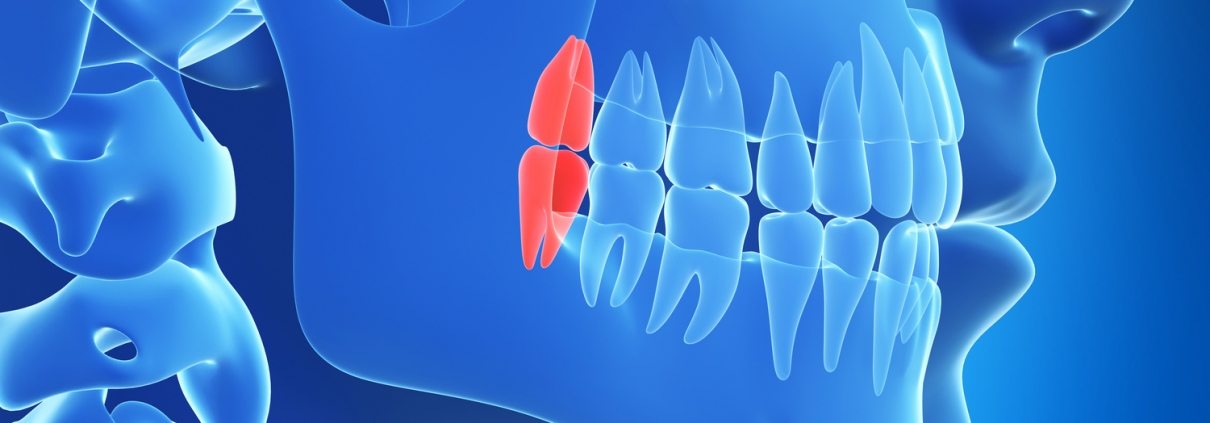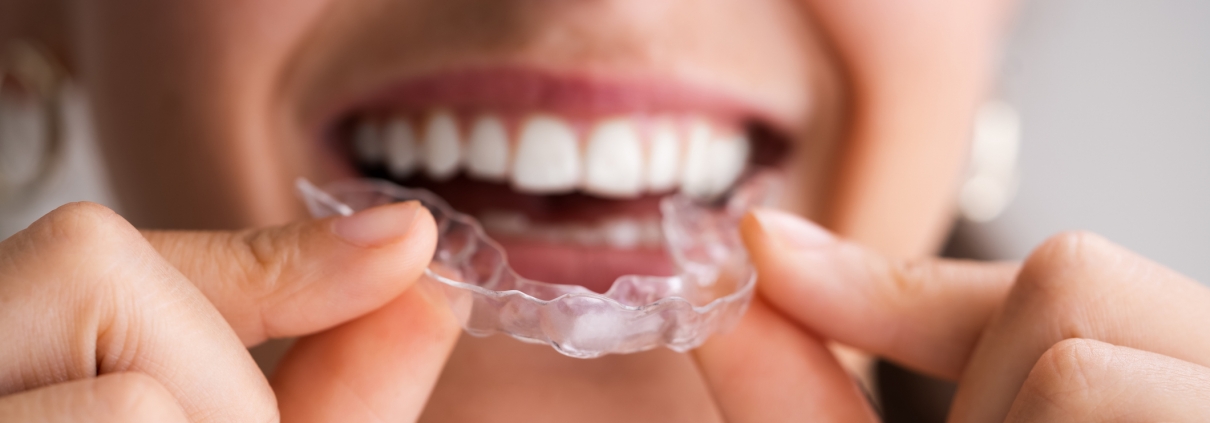Artificial Intelligence (AI) has emerged as a transformative force in numerous industries, and dentistry is no exception. By integrating AI-powered tools into clinical workflows, dental professionals can enhance diagnostic accuracy, optimize treatment planning, and improve patient care. This article explores the multifaceted role of AI in modern dentistry, emphasizing its applications, benefits, and future potential.
Applications of AI in Dentistry
AI technologies, including machine learning, deep learning, and computer vision, have been deployed across various facets of dentistry. These applications streamline processes, reduce errors, and provide a more patient-centered approach.
1. Diagnostic Imaging
AI algorithms are revolutionizing the interpretation of dental radiographs, CBCT (cone-beam computed tomography) scans, and intraoral images. Using pattern recognition and predictive modeling, AI systems can:
- Detect early signs of dental caries, fractures, and periodontal disease.
- Identify abnormalities such as cysts or tumors in radiographic images.
- Assist in the diagnosis of complex conditions like temporomandibular joint (TMJ) disorders.
2. Predictive Analysis
AI-powered predictive tools help dentists foresee potential complications or outcomes. For example:
- Orthodontists use AI to predict tooth movement and design precise aligner treatments.
- Periodontists leverage AI to assess the likelihood of periodontal disease progression.
3. Treatment Planning
AI aids in creating personalized treatment plans by analyzing patient data. For instance:
- In implantology, AI software can recommend optimal implant placement based on bone density and anatomical features.
- In prosthodontics, AI systems assist in designing crowns, bridges, and dentures with perfect fit and aesthetics.
4. AI in Orthodontics
AI-powered platforms like Invisalign’s ClinCheck and Dental Monitoring provide detailed analysis of dental arches and tooth positions. These tools enable orthodontists to simulate treatment outcomes and monitor progress remotely, improving efficiency and patient convenience.
5. Virtual Assistants and Chatbots
AI-driven virtual assistants improve patient communication by automating appointment scheduling, sending reminders, and providing post-treatment care instructions. Chatbots also answer common questions, enhancing patient engagement and satisfaction.
Benefits of AI in Dentistry
1. Enhanced Diagnostic Accuracy
AI reduces human error by providing consistent and objective analyses of diagnostic data. This leads to earlier detection and better management of dental issues, ultimately improving outcomes.
2. Time Efficiency
AI automates time-consuming tasks like image analysis, freeing dentists to focus on patient care. For example, radiographic interpretation that once took several minutes can now be completed in seconds.
3. Personalized Care
AI systems analyze large datasets, tailoring treatments to individual patient needs. This personalization enhances patient satisfaction and ensures better long-term results.
4. Remote Monitoring
AI enables dentists to monitor patients remotely through digital platforms. Orthodontic patients, for example, can share images of their teeth, which are analyzed by AI for progress tracking, reducing the need for frequent office visits.
Challenges and Ethical Considerations
Despite its advantages, the adoption of AI in dentistry is not without challenges. These include:
1. Data Privacy
AI systems require vast amounts of patient data, raising concerns about confidentiality and security. Ensuring compliance with regulations such as HIPAA (Health Insurance Portability and Accountability Act) is critical.
2. Cost of Implementation
Integrating AI technologies can be expensive, making it challenging for smaller practices to adopt. Over time, however, cost reductions and efficiency gains may offset initial investments.
3. Dependence on Technology
Over-reliance on AI may risk diminishing clinical skills. Dentists must maintain their diagnostic acumen and critical thinking to ensure AI serves as a tool rather than a replacement.
4. Algorithm Bias
AI algorithms may inadvertently perpetuate biases if trained on unrepresentative datasets. Ensuring diverse and comprehensive training data is essential for fair and accurate outcomes.
The Future of AI in Dentistry
The integration of AI into dentistry is still in its early stages, but its potential is immense. Here are some promising directions:
1. AI-Driven Robotics
Robotic systems powered by AI may assist in precise, minimally invasive procedures, such as implant placement or root canal therapy.
2. Predictive Oral Health Management
AI could enable proactive oral health management by identifying risk factors and recommending preventive measures tailored to each patient.
3. Integration with Wearable Devices
AI-powered wearables may monitor oral health metrics, such as pH levels or salivary composition, providing real-time insights and alerts.
4. Advanced Virtual Reality (VR) Applications
AI and VR could combine to create immersive training simulations for dental professionals or enhance patient education about treatments.

